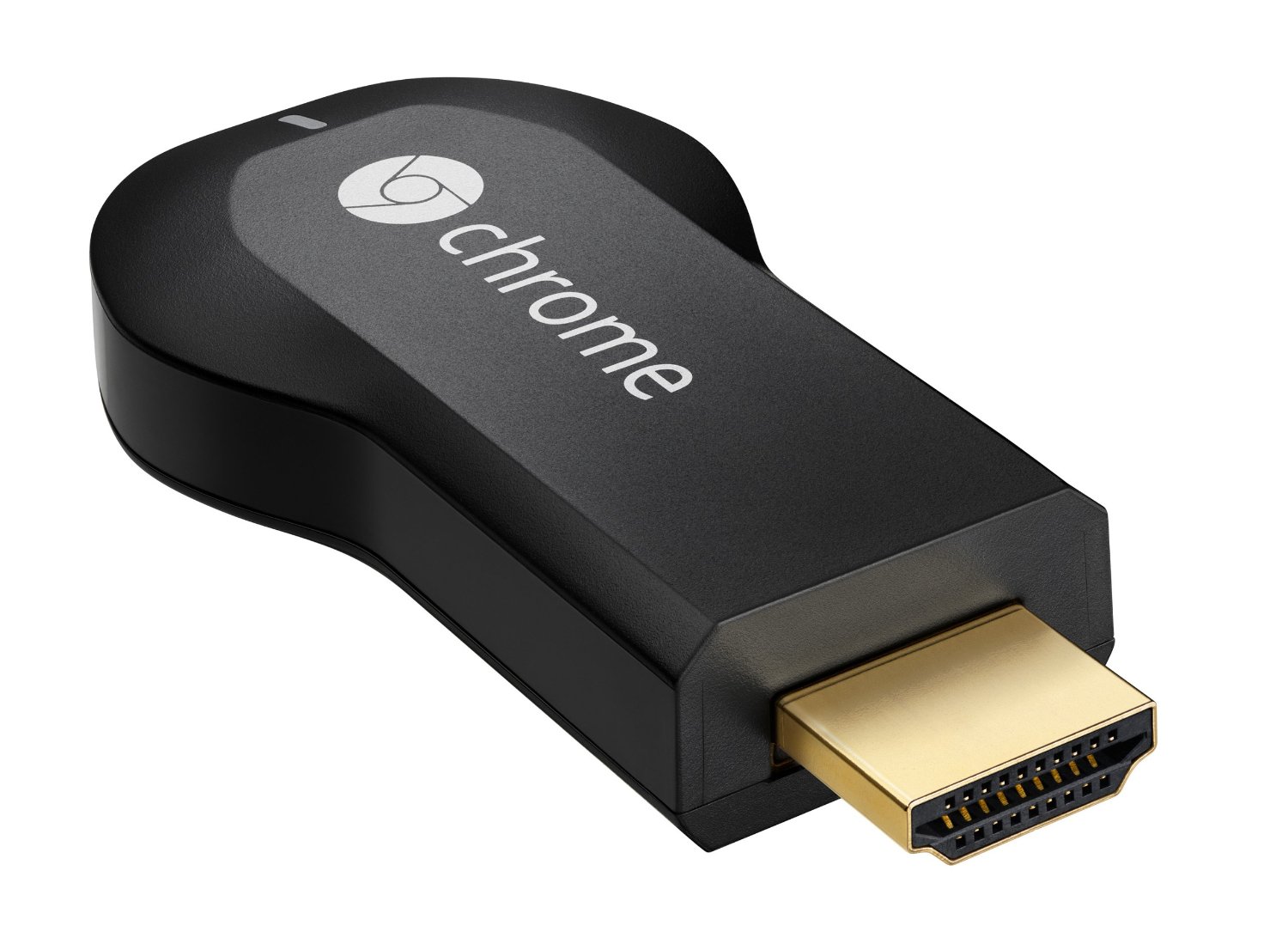Affiliate links on Android Authority may earn us a commission. Learn more.
Google responds to claims they intentionally blocked AllCast

Will it, or won’t it?
The past few days have seen the Chromecast under fire. An update to the streaming device left the sleeper hit AllCast without functionality, and the developer in an uproar. Taking to his Google+ page, Koushik Dutta insisted the change was intended to block his app from working.
That’s a strong accusation from a guy who admittedly questioned the openness of the Chromecast in the same Google+ post in which he notified the world AllCast was no longer working. AllCast was meant to allow streaming of local media, such as videos stored on an Android device. It was also meant to take media from your Dropbox or Google Drive account, and stream it from your Android device.
Sounds sublime, but we need to keep a few things in mind, here. First, specifically relating to this case of an app which has lost functionality, is that the Chromecast SDK isn’t final. With an evolving SDK (software development kit), it’s unnecessary and a bit presumptuous to get in an uproar over AllCast losing some functionality. It’s also important to note that AllCast was perpetually in beta, and never distributed to a wide audience, which probably had a lot to do with the evolving SDK.
The second thing to keep in mind when appreciating this situation is that Chromecast was never said — or sold — to be open source. We often make assumptions that Google, which gives us quite a bit of their wares in the spirit of open source, would do the same with Chromecast. More to the point, Google probably (at least in the interim), wants to control content streaming. An open (read: hackable) device will not make it easy to attract providers or partners, which are crucial to the success of Google’s living room intent. It makes them uncomfortable, plain and simple.
The Verge reached out to Google for comment on this dustup, and received the following statement:
[quote qtext=”We’re excited to bring more content to Chromecast and would like to support all types of apps, including those for local content. It’s still early days for the Google Cast SDK, which we just released in developer preview for early development and testing only. We expect that the SDK will continue to change before we launch out of developer preview, and want to provide a great experience for users and developers before making the SDK and additional apps more broadly available.” qperson=”” qsource=”” qposition=”center”]
There you have it. An SDK in “early development”, for “developer preview”, and meant for “testing only”. When considering the case of AllCast, it’s safe to say the proverbial gun had been jumped. By all of us. Just because an app which lost functionality in a time when the SDK was in its infancy doesn’t mean Google has withdrawn the feature forever. In the meantime, we can stream Dropbox or Drive content from the Chrome browser, so all is not lost.
We’ve reached out to Dutta for comment via Google+, but have not received a response. We’ll keep you updated, should we hear more.